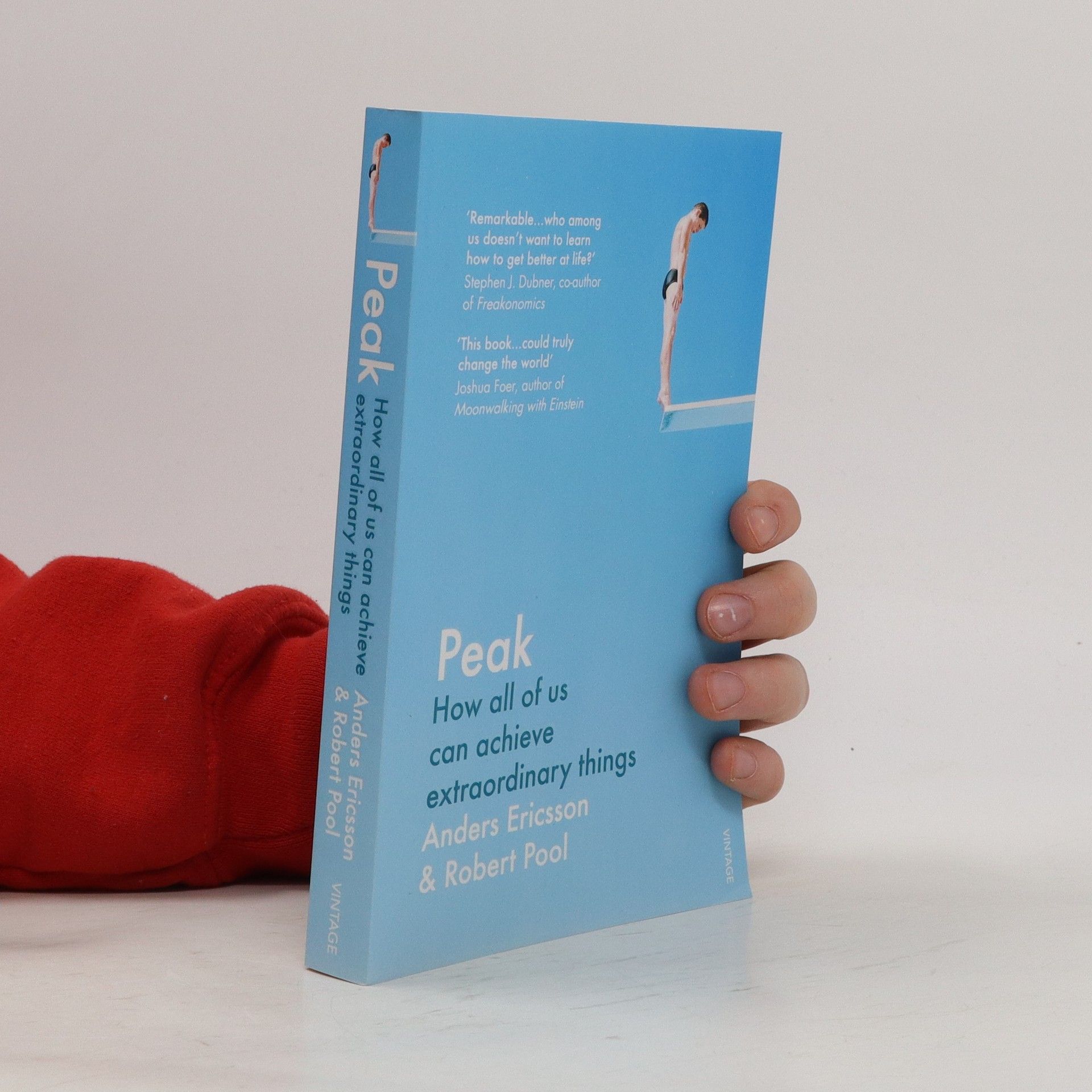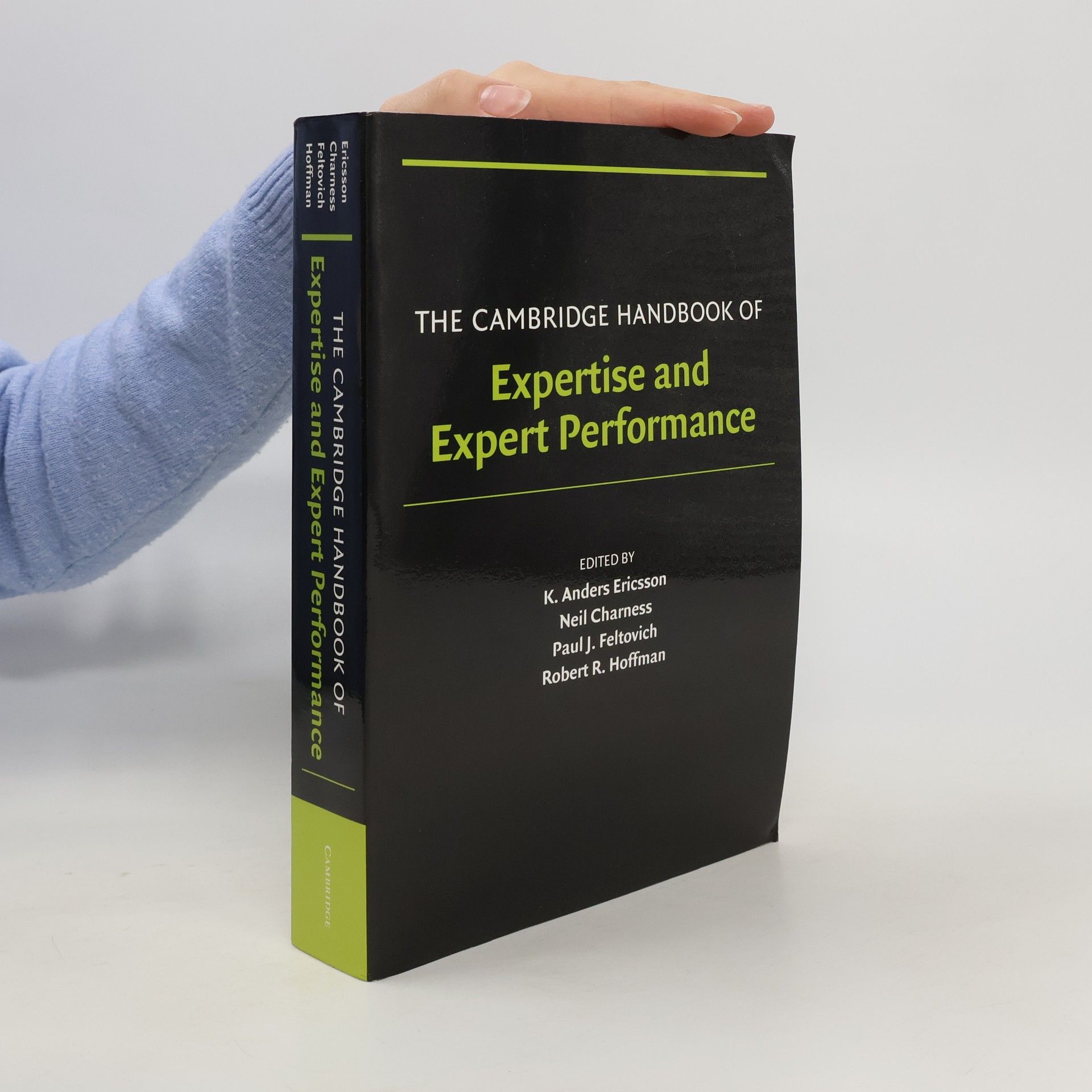Droga na szczyt. Jak ćwiczyć, aby osiągnąć...
- 418 pages
- 15 hours of reading
Ta książka to doskonała pomoc dydaktyczna, która pokazuje, że celowe ćwiczenie pod kierunkiem eksperta jest dostępne nie tylko dla dzieci dążących do mistrzostwa w szachach, sporcie czy muzyce. Jest to metoda dla każdego, kto ma marzenia i pragnie rozwijać swoje umiejętności, niezależnie od dziedziny – od rysowania, programowania, żonglowania, po grę na saksofonie czy pisanie powieści. To podejście jest dla tych, którzy chcą poprawić swoje zdolności w pokerze, softballu, sprzedaży czy śpiewie, a także dla tych, którzy pragną wziąć kontrolę nad swoim życiem i rozwijać swój potencjał. Uczenie się to proces trwający przez całe życie, a kluczem do efektywności jest szybkie i skuteczne zdobywanie nowych umiejętności. Anders Ericsson, światowy autorytet w tej dziedzinie, przez ponad trzydzieści lat badał, jak to robić. Wspólnie z Robertem Poolem zebrał swoje obserwacje i odkrycia innych badaczy, łącząc naukowe podejście z praktycznym doświadczeniem. Efektem ich pracy jest publikacja, która odkrywa sekrety skutecznego uczenia się w każdej dziedzinie, będąca uniwersalnym kluczem do sukcesu.




